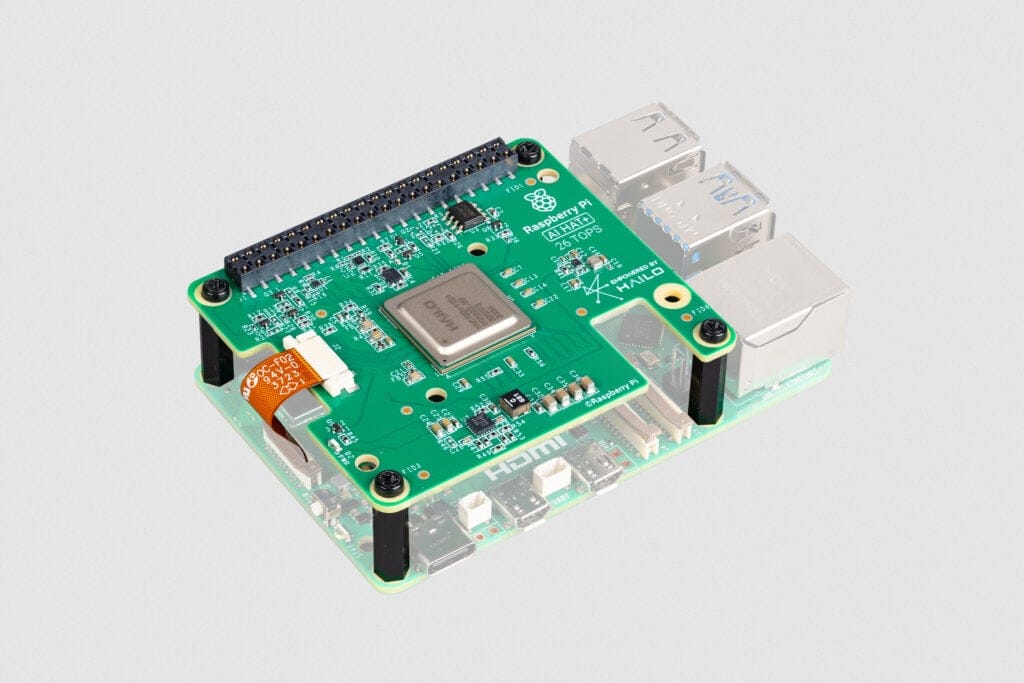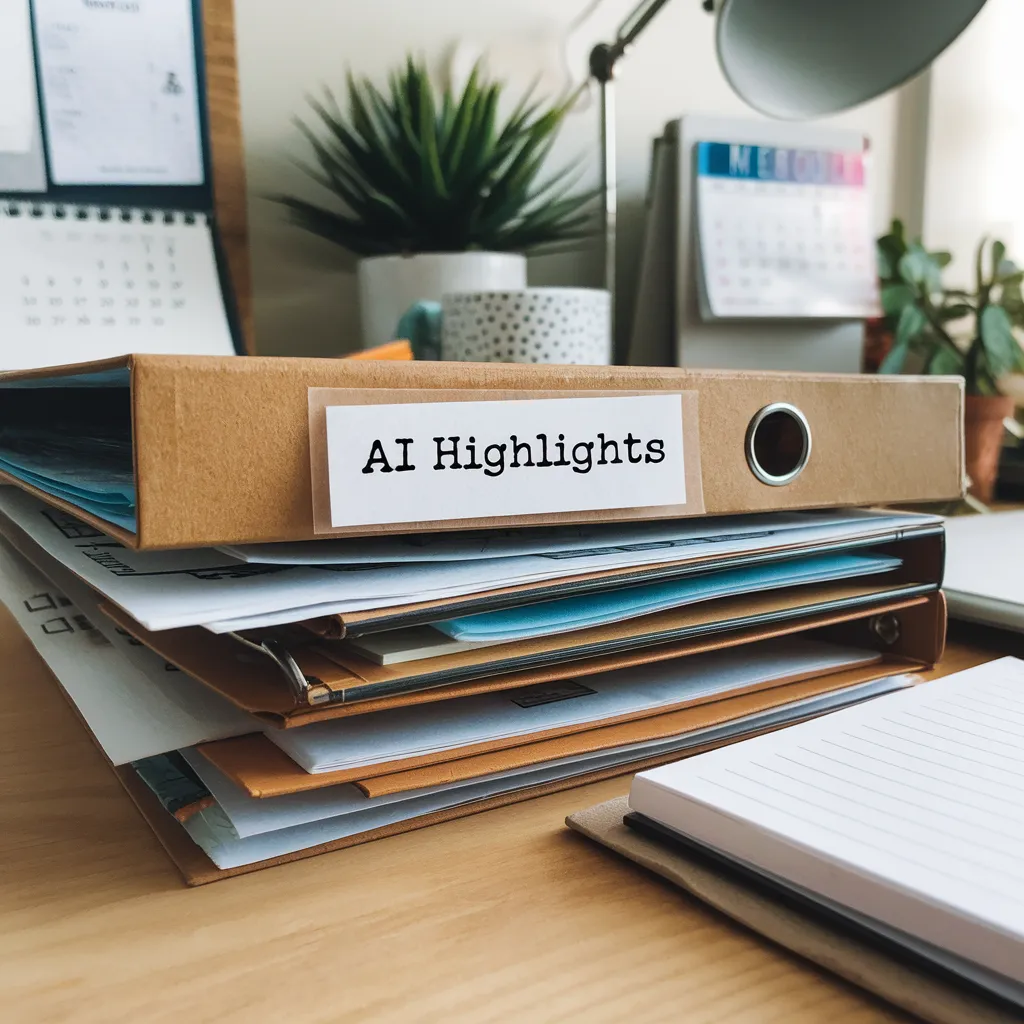AI-powered startups focused on materials science and biotechnology had a moment this week, no doubt at least partly influenced by the decision to award AlphaFold half of this year's Nobel Prize in chemistry.
Materials science research and discovery platform ExoMatter raised a €1.7M Pre-Seed round led by Vanagon VC, with participation from BayernKapital, 212 NexT, ZAKA VC, Bloomhaus Ventures, and four female angel investors from encourageventures.
Dunia secured $11.5M to accelerate the discovery of promising catalysts: Dunia Innovations GmbH, a startup founded in 2022, has raised $11.5 million to develop its Catalyst Acceleration Platform. This platform combines machine learning and automated robotics to discover new electrocatalysts for sustainable energy and chemical production.
Biotechnology startup Promise Bio emerged from stealth this week, publicizing it raised a previously undisclosed $8.3 million seed round. Promise Bio is developing a cloud-based AI platform that can detect multiple Post-Translational Modifications (PTMs) in proteins from a single blood sample, thus providing an alternative to the traditional method, which involves individually testing for each modification. Protein modifications, including PTMs, are essential to understanding and managing autoimmune diseases.
Avenue Biosciences secured $2.5M for its protein expression engineering platform: Avenue Biosciences has raised $2.5 million in seed funding to develop its machine learning platform which optimizes signal peptides for more efficient protein production. Avenue Biosciences' research could make treatments like monoclonal antibodies and gene therapies more accessible.
Relatedly, several of this week's news indicate a growing interest in deploying AI-powered solutions directly in clinical settings.
Pharos raised an oversubscribed $5M seed funding round: Pharos, founded by healthcare and AI veterans from Vital and Meta, has raised $5 million in seed funding led by Felicis Ventures to develop AI solutions that help healthcare institutions' quality teams improve patient care and streamline clinical reporting.
AI-ECG risk estimation (AIRE), a model that predicts heart disease risks and complications: Researchers have developed AIRE, an AI system that can predict a patient's risk of heart disease complications and death with 78% accuracy by analyzing ECG scans for abnormal patterns. The NHS plans to trial AIRE starting in mid-2025 to evaluate its effectiveness in real clinical settings.
The NHS is incorporating AI-powered radiology diagnostics tools into urgent care settings: The UK's National Institute for Health and Care Excellence (NICE) has issued draft guidance recommending four AI-powered radiology tools for fracture diagnosis in urgent care settings, aiming to support healthcare professionals and improve diagnostic accuracy amid staff shortages.
This week also saw several high-profile warnings against the risk AI poses to the livelihoods of creatives and journalists. Thousands of creatives, including actors Julianne Moore, Kevin Bacon, and Kate McKinnon; authors Kazuo Ishiguro, Ann Patchett, and Kate Mosse; and musicians Thom Yorke, Robert Smith, and Björn Ulvaeus have signed the simple, yet effective statement: "The unlicensed use of creative works for training generative AI is a major, unjust threat to the livelihoods of the people behind those works, and must not be permitted."
This initiative was joined by reports that News Corp's Dow Jones and The New York Post are suing Perplexity AI for copyright infringement. The lawsuit condemns Perplexity for diverting essential internet traffic from news outlets while freeriding on protected content obtained illicitly from those same outlets. Shortly before these lawsuits were filed, Perplexity had been in the spotlight after The New York Times directed a cease-and-desist letter to the AI company.
Perplexity AI is reportedly looking to raise another funding round, and in an unexpected turn of events, but one very reminiscent of the last episode of Perplexity's tribulations, Perplexity published a blog post where it boldly claims that the common theme of the existing lawsuits against generative AI companies is that the media companies behind them "wish [generative AI] didn't exist". This is an odd claim to make, considering News Corp, the parent company for Dow Jones and The New York Post, recently entered a celebrated multi-year partnership with OpenAI.
The blog post makes several other claims which are difficult to believe and for which no evidence is provided. Tellingly, there is no mention of what the lawsuits actually have in common: the complaint that Perplexity AI has repeatedly infringed copyright law by profiting from questionable web scraping practices to feed a product which is clearly diverting traffic from the original sources.
Finally, Blade Runner 2049 producer Alcon Entertainment is suing Tesla, Elon Musk, and Warner Bros for copyright circumvention, after Musk showed AI-generated imagery clearly "inspired" by the Blade Runner aesthetic during his keynote at Tesla's We, Robot event. Alcon states in the lawsuit that it did not wantBlade Runner 2049 to be associated with Tesla due to Musk's extreme political and social views, and accuses Warner of enabling the display of the AI-generated content despite Alcon's refusal to enable Tesla to promote using Blade Runner clips or imagery.

Other highlights this week include:
DataCrunch's $13M raise will help it become an affordable green energy-powered hyperscaler: DataCrunch, a Nordic AI computing provider, has secured $13 million in seed funding to expand its renewable energy-powered infrastructure and become Europe's first green AI-focused hyperscaler.
Anthropic's three major announcements: new models, computer use API, and an analysis tool: Anthropic announced several major updates this week, including the launch of Claude 3.5 Sonnet and Haiku models, improvements in agentic capabilities, a new computer use API public beta, and a data analysis tool for Claude.ai that lets the assistant write and run code in a sandbox.
Google open-sourced its SynthID Text watermarking tool: Google has open-sourced SynthID Text, a watermarking tool that modifies language models' token probability distributions to create detectable patterns in AI-generated text, making it available through its Responsible Generative AI Toolkit and Hugging Face's Transformers library.
Andreessen Horowitz shared how its Oxygen program helps AI startups 'breathe easier': Venture capital firm a16z has shared more about its "Oxygen" program, designed to help AI startups access affordable GPU computing resources. Oxygen aims to address the market imbalance where large tech companies were outbidding smaller players for critical computing resources.
Raspberry Pi got a new HAT+ adapter with an integrated Hailo accelerator: Raspberry Pi has launched the AI HAT+, a new AI accelerator board available in 13 TOPS ($70) and 26 TOPS ($110) variants, featuring integrated Hailo technology that enables complex neural network processing for Raspberry Pi computers.

Fractile received a £5M award from the UK's Advanced Research + Invention Agency: The UK's Advanced Research + Invention Agency (ARIA) has launched a £50 million Scaling Compute program funding twelve research projects, including Fractile's analog in-memory computing project, aimed at dramatically reducing AI hardware costs by developing alternative computing approaches.
AI-powered notepad Granola secured $20M in Series A funding: Granola, a Mac-based AI note-taking app that enhances rather than replaces human note-taking, has secured $20 million in Series A funding to expand its product, which has gained traction among business leaders with its philosophy that human judgment shouldn't be outsourced to AI.
Credit: Granola
The CMA's investigation into the Google-Anthropic partnership is officially in Phase 1: The UK's Competition and Markets Authority (CMA) has initiated a Phase 1 investigation into the Alphabet-Anthropic partnership to determine if it constitutes a merger that could potentially reduce market competition, following a similar investigation into the Amazon-Anthropic partnership
Google Photos now displays information on whether an image was edited with its AI tools: Google has announced it will display information about AI-powered edits made using tools like Magic Editor and Magic Eraser in Google Photos' metadata and Details tab, following IPTC standards, as part of its efforts to increase transparency around AI-edited images.







Comments